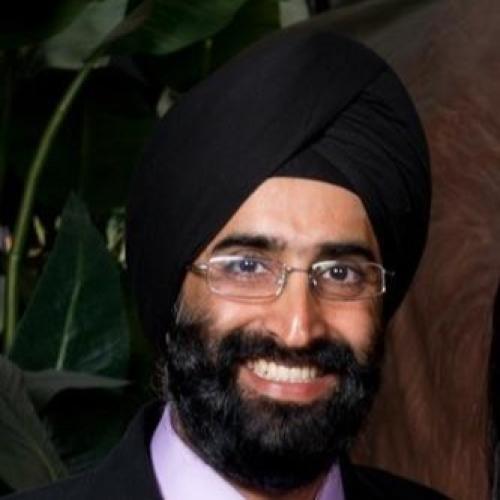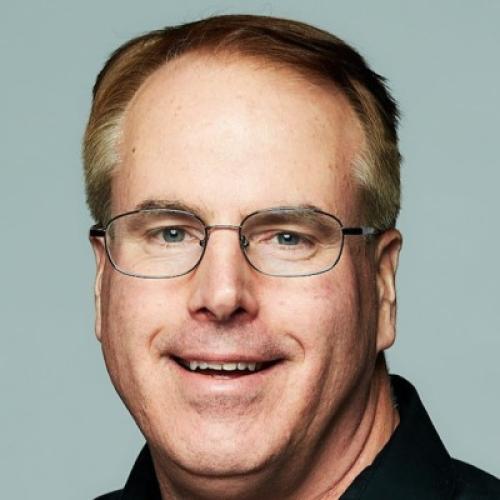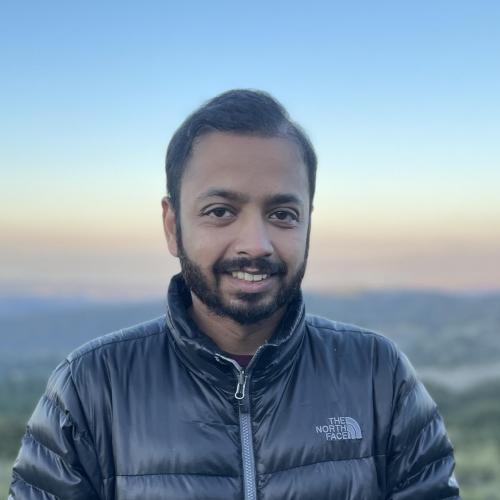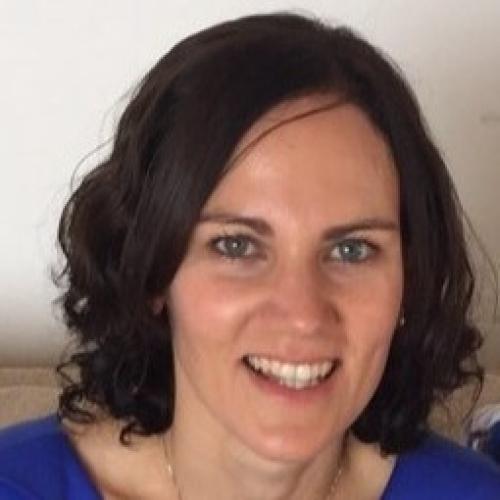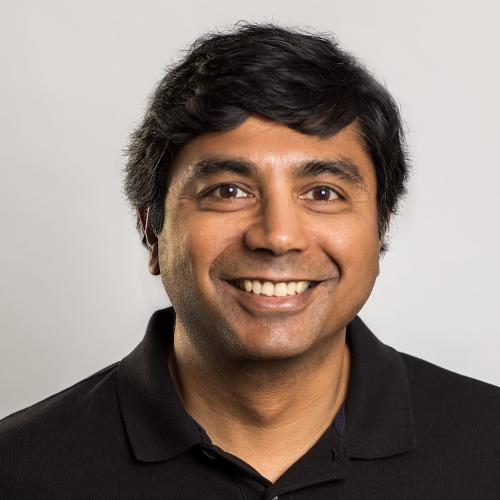The evolution of transformers marks a remarkable advancement in comprehending intricate language patterns. These models are progressively growing in size and precision, enabling them to grasp complex linguistic structures more effectively. However, the real challenge lies in efficiently integrating these advanced models into production systems without incurring exorbitant costs. Striking a balance between superior performance and streamlined resource usage during both training and runtime is crucial for making these large language models (LLMs) viable for deployment in practical production environments.

Rahul Sharnagat
Rahul Sharnagat is a Principal Data Scientist in Walmart's Search Technologies. He began his career at IBM research lab then worked in Microsoft Bing Ads before joining Walmart in 2018, with his expertise centering around natural language understanding (NER) and question answering. He currently leads the efforts to develop and deploy query understanding models and its application across the search stack. Rahul holds a master's degree in computer science from Indian Institute of Technology, Bombay and a bachelor's degree in computer science from Visvesvaraya National Institute of Technology, Nagpur.





